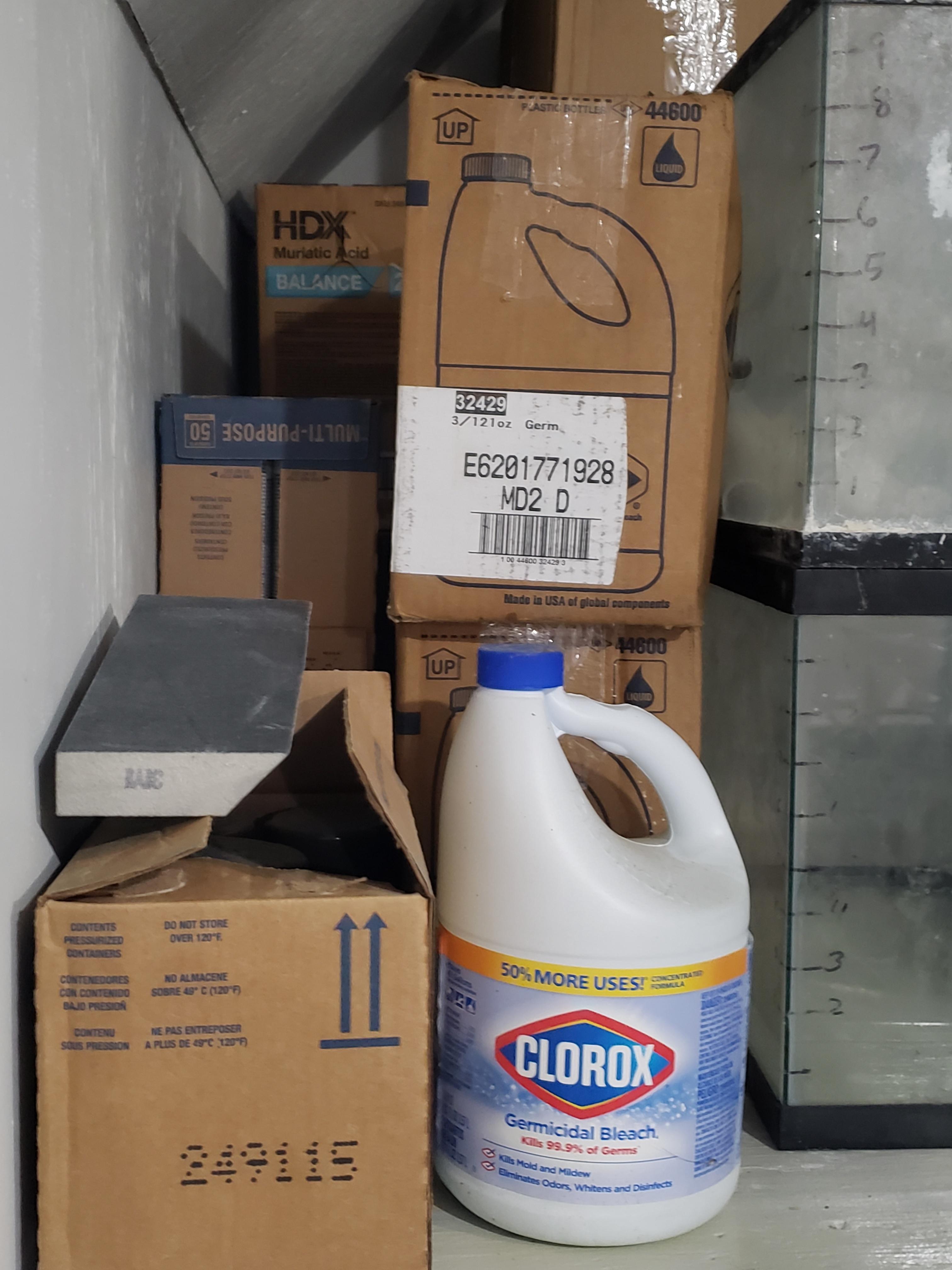- Joined
- Jun 7, 2019
- Messages
- 536
- Reaction score
- 523
I saw someone recommend a 3%(by weight) citric acid bath to "unbind" phosphate from old live rock that was leaching phosphates into the water with the following source provided.
Has anyone tried this?
Has anyone tried this?

















